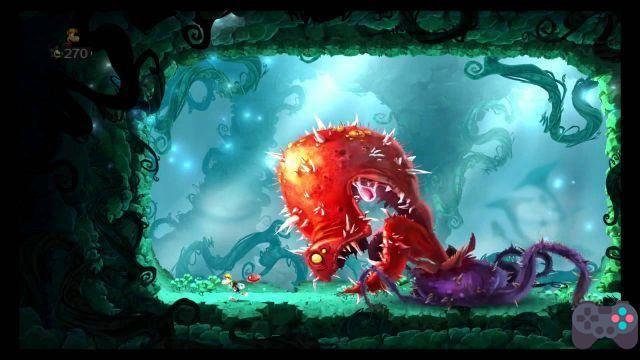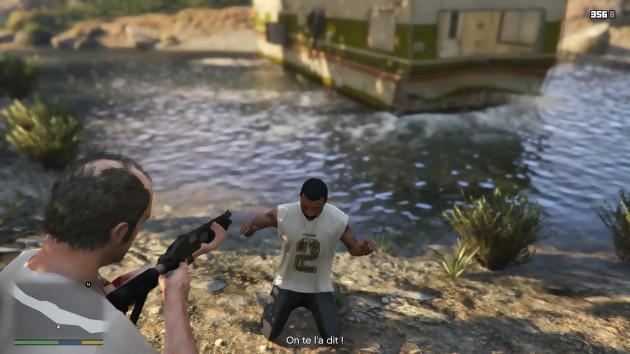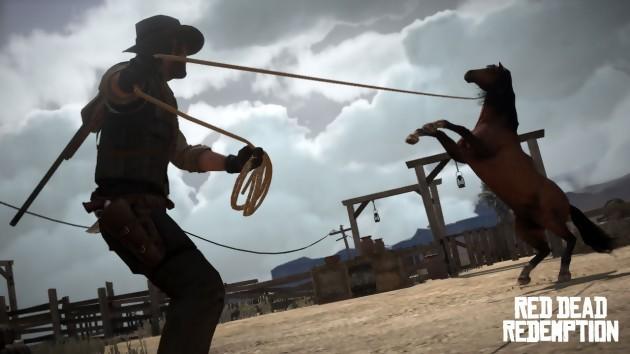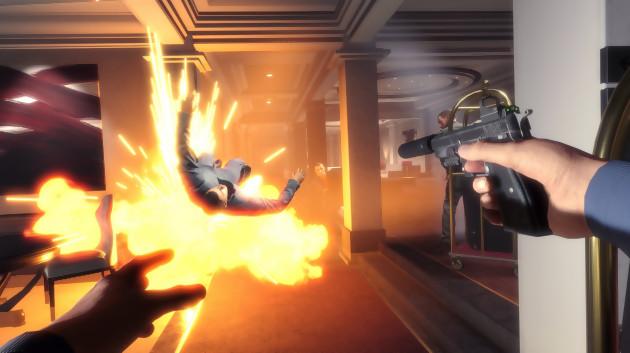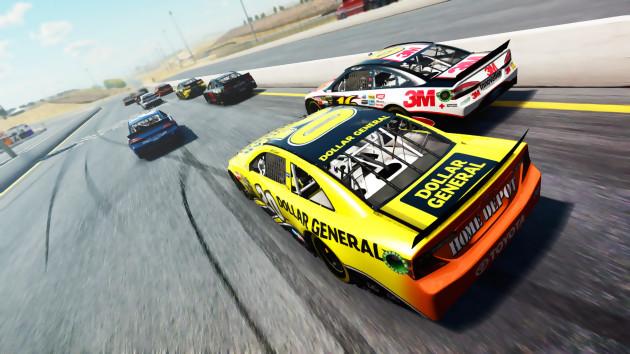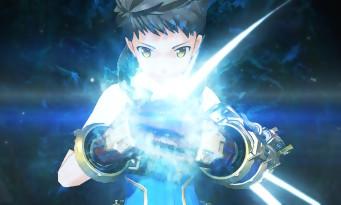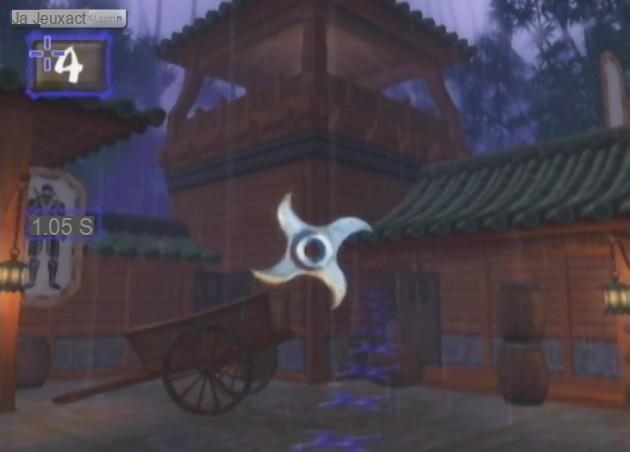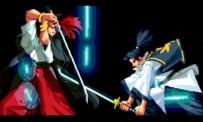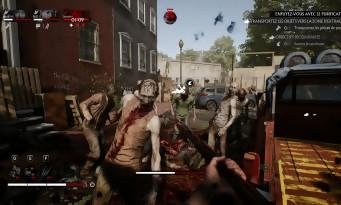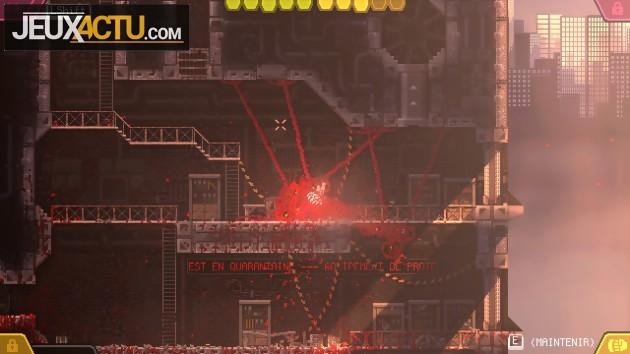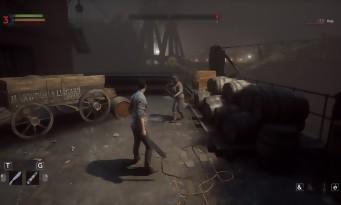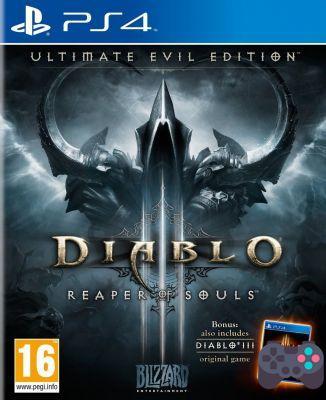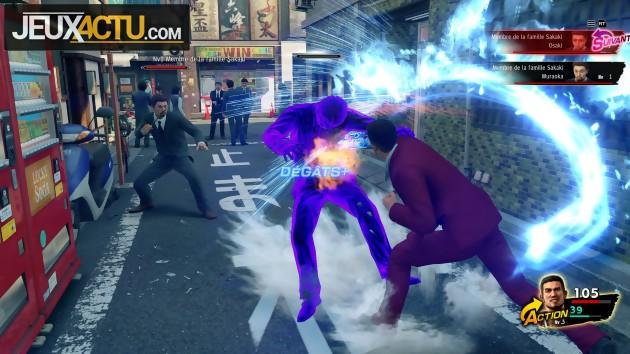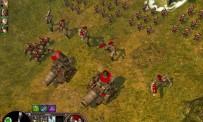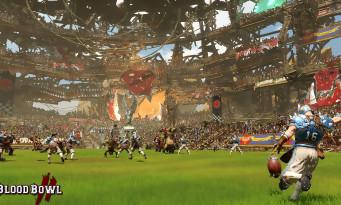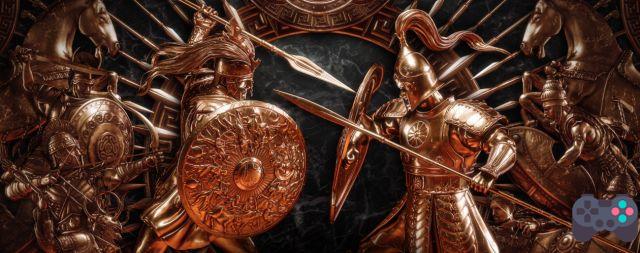
It would be presumptuous to want to summarize here the work of the Greek poet, but we can all the same describe the starting point of this Total War in the following way: Pâris, prince of Troy, fled from Sparta with the beautiful Helen, triggering the understandable wrath of her husband, King Menelaus. It will not take more to start a war between the Daneans and the Trojans. As a player, you can join either of these two camps and even choose the hero you want to embody. In the first case you can take advantage of the talent of Achilles, take control of the battered Menelaus, interfere in Mycenae thanks to his brother Agamemnon, or even shout "Odysseus returns!" (and it's a very long way, since it is a campaign stamped "difficult"...). In the second case, you can bet on Paris, choose the ally Aeneas, seek forgiveness thanks to King Sarpedon, or try to prove that Troy is not wrong thanks to Prince Hector. This choice is far from trivial since it determines your starting location (and therefore the difficulty of the game), gives you different faction bonuses and maluses, and gives you access to certain units rather than others, which directly influences the recommended style of play . A passionate player will therefore be able to complete the single-player campaign eight times without feeling too tired. Moreover, there are two ways to achieve the final victory each time. Either by fulfilling the so-called "Total War" victory conditions (based essentially on the number of colonies conquered), or by aiming for Homeric victory (which requires completing a series of missions specific to each hero). The rest, you necessarily know it if you have been even slightly interested in the Total War franchise over the past twenty years: turn-based strategic management phases on a map divided into different territories, and tactical battles over time. real stage involving many units.
The historical period chosen being particularly remote, the cavalry is hardly present in this section, which risks disturbing some players at first. Do not panic, we can consider that we gain in exchange, since the mythological context gives us access to really not trivial units (Giants, Corybantes, Harpies…). Yet they are not supernatural creatures at all. The developers have chosen to reveal what they call "the truth behind the myth", and thus make these mythical units somewhat believable. Thus, the Minotaur is not an improbable hybrid but a strong warrior wearing a bull's skull as a helmet. Same principle for the Cyclops which favors an elephant skull with a single opening at eye level. Centaurs are simply riders inseparable from their horses. As for the sirens, they are relatively fragile young warriors, but capable of attracting the attention of an enemy unit towards them for forty-five seconds!
This interpretation halfway between realism and fantasy seems extremely relevant to us, even if certain "extremist" players would certainly have preferred that the developers follow one or the other of these two paths more frankly. But after all, some already have a lot of Total War at their disposal, while the others have been rather spoiled recently with the two Total War: Warhammer. Troy constantly seeks balance, as evidenced by the presence of overpowered but very human heroes in the battles, and gods to pray to in the management phases. In addition, the resource system of the latter has been revised compared to the standard of the saga, since it now revolves around five main resources (food, wood, stone, bronze and gold), buildings and units more advanced, of course, requiring the most valuable resources. Not enough to really revolutionize the Total War recipe, however. Regular players who already felt the weariness with the latest episodes may feel the same here.
ACHILLES' TALENT?
Paradoxically, the game still seems a bit difficult for new players to access, despite the presence of a strategic advisor and battle tutorials. In terms of defects, we can also cite artificial intelligence, which sometimes acts despite common sense. Or even regret the string of downloadable content to come, including the outrageous paid DLC typical of the series, which is content to add blood and gore effects in the battles. Troy's will be called "Blood & Glory" and will be released in October. You will also have the opportunity to open your wallet in September to obtain the "Amazons" faction or at the end of the year for "Ajax & Diomedes". In their great kindness, the developers still promise us two free DLCs, which will add the deities Artemis in September and Hephaestus in December. The month of November will be devoted to the arrival of multiplayer, which is unfortunately absent from the game for the moment! Let's end on a positive note, by addressing the issue of graphics and technique. If the units play a little too much "attack of the clones", they remain sufficiently detailed when zoomed to the maximum. And above all, the game is capable of displaying several thousand simultaneously on the screen. The artistic direction is very pleasant, especially on the strategic map. The effects of light, shadow and twilight are particularly convincing, while the mountainous and cloudy background that surrounds the card elegantly evokes the black and gold illustrations that can be found on the vases of antiquity. . Finally, we should salute the optimization work carried out by Creative Assembly Sofia, which gives us a section of Total War devoid of major bugs and perfectly fluid on an average configuration. Regulars of the series know that it has not always been so!




